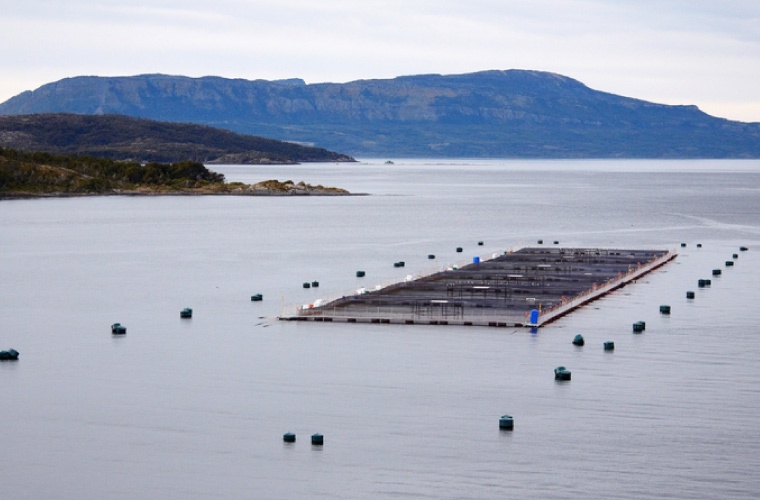
An international team of experts has developed the Aquaculture Governance Indicators (AGI), a diagnostic tool designed to assess how effectively governance systems in the aquaculture sector are steering towards sustainability. The framework, recently published in PLOS Sustainability and Transformation, aims to support governments, industry stakeholders and civil society in enhancing institutional and regulatory practices in a rapidly expanding sector.
The AGI framework comprises 26 indicators, grouped into four dimensions: legislation, voluntary codes and standards, collaborative arrangements, and governance capabilities. These are evaluated against three core principles: legitimacy, effectiveness, and coordination.
“The aim is to provide a systematic tool for identifying strengths and weaknesses that can help decision-makers guide the aquaculture sector towards greater sustainability,” the authors explain.
The framework’s usefulness was demonstrated through a comparative analysis of disease management in salmon farming in Norway, Chile and Canada—three countries that together account for over 80% of global Atlantic salmon production. The study found that while legal frameworks in all three nations are robust and align with international standards, significant challenges remain.
Among the most striking findings was the limited coordination between different forms of governance. “Despite high levels of transparency and cooperation between governments and industry, disease mitigation efforts remain largely farm-specific, failing to fully capitalise on regional or ecosystem-based approaches,” the researchers noted. The study also identified weak civil society involvement in decision-making processes, which in turn undermines the legitimacy of the regulations in place.
In Chile, a country that has faced major sanitary crises such as infectious salmon anaemia, there has been progress in introducing voluntary standards for responsible antibiotic use. However, the study warns that greater integration is still needed between private initiatives and public legislation to achieve lasting, system-wide sustainability.
The authors highlight that the AGI framework is not only useful for diagnosis, but also for fostering participatory processes of reflection and improvement. “The key lies in shifting from an individualised technical approach to one that is truly collective and coordinated,” they add.
The team plans to expand the application of the AGI indicators to additional countries and species, including shrimp farming in Asia and East Africa.
All resources, including country reports and a detailed methodological guide, are available through the project’s official platform



